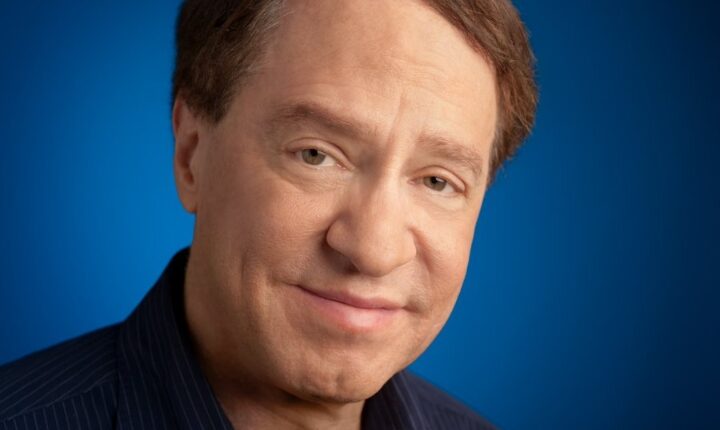TNI Bureau: Curiosity prevailed in the internet after the statment of futurist and former Google Engineer Ray Kurzweil claiming human being will achieve immortality by 2030 surfaced.
Kurzweil, who is a computer scientist and author, has made the statement several years ago in his book.
In his 2005 book, “The Singularity Is Near”, Kurzweil claimed that technology will allow humans to achieve immortality by 2030.
Kurzweil’s years old statment surfaced after a tech vlogger, Adagio, recently compiled Kurzweil’s claims in videos on YouTube.
According to the New York Post, the former Google engineer previously had also said that “2029 is the consistent date I have predicted for when an AI will pass a valid (Alan) Turing test and therefore, achieve human levels of intelligence,” he told Futurism in 2017.
Support Independent Journalism? Keep us live.
“I have set the date 2045 for the ‘singularity’ which is when we will multiply our effective intelligence a billion fold by merging with the intelligence we have created,” he added.
Singularity is a future period during which the pace of technological change will be so rapid, its impact so deep, that human life will be irreversibly transformed, Ray Kurzweil writes in his 2005 book.
He further said, “The singularity will allow us to transcened these limitations of our biological bodies and brains. We will gain power over our fates. Our mortality will be in our own hands. We will be able to live as long as we want ( a subtly different statement from saying we will live forever).”
Kurzweil was the principal developer of the first CCD flat-bed scanner, the first omni-front optical character recognition, the first print-to-speech reading machine for the blind, the first text-to-speech synthesizer, the first music synthesiser capable of recreating the grand piano and other orchestral instruments and the first commercially marketed large-vocabulary speech recognition.
Google hired Kurzweil as a director of engineering in 2012. He has received thirteen honorary doctorates and honours from three US presidents.


Comments are closed.